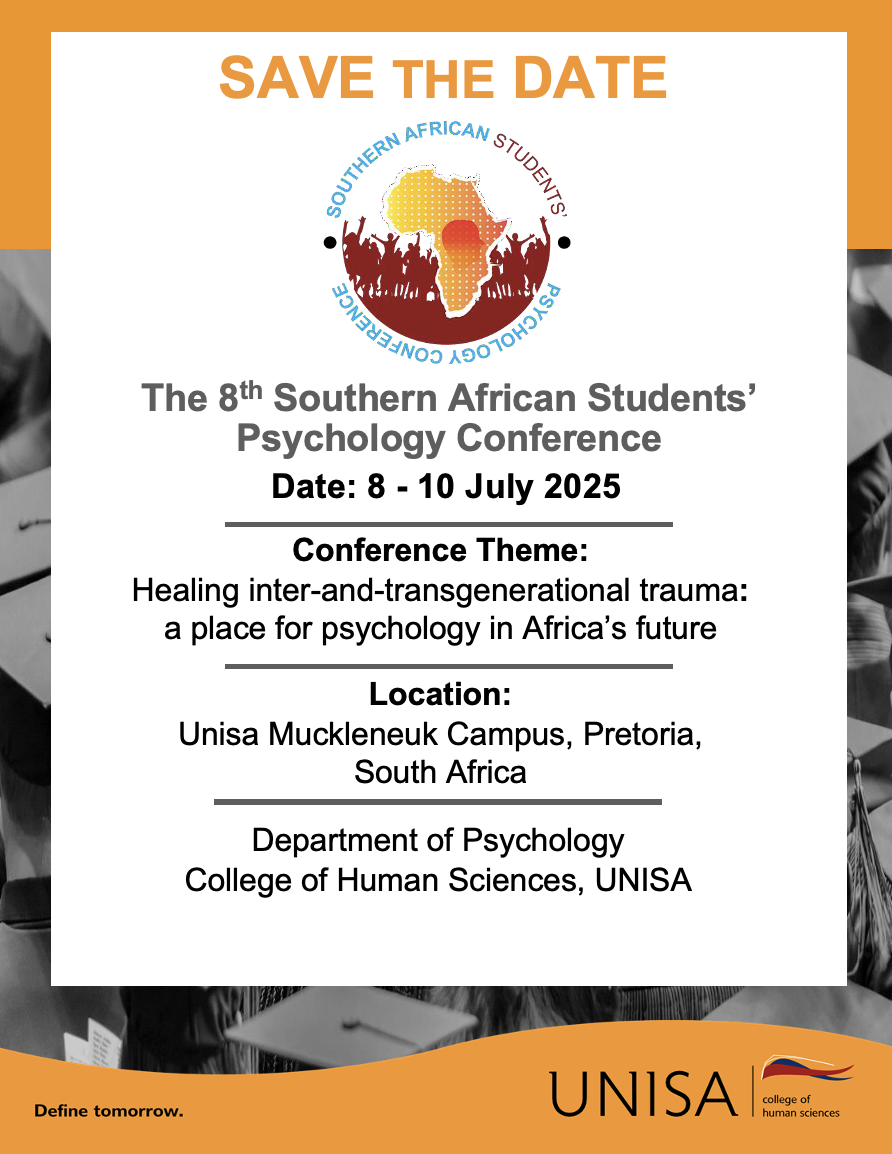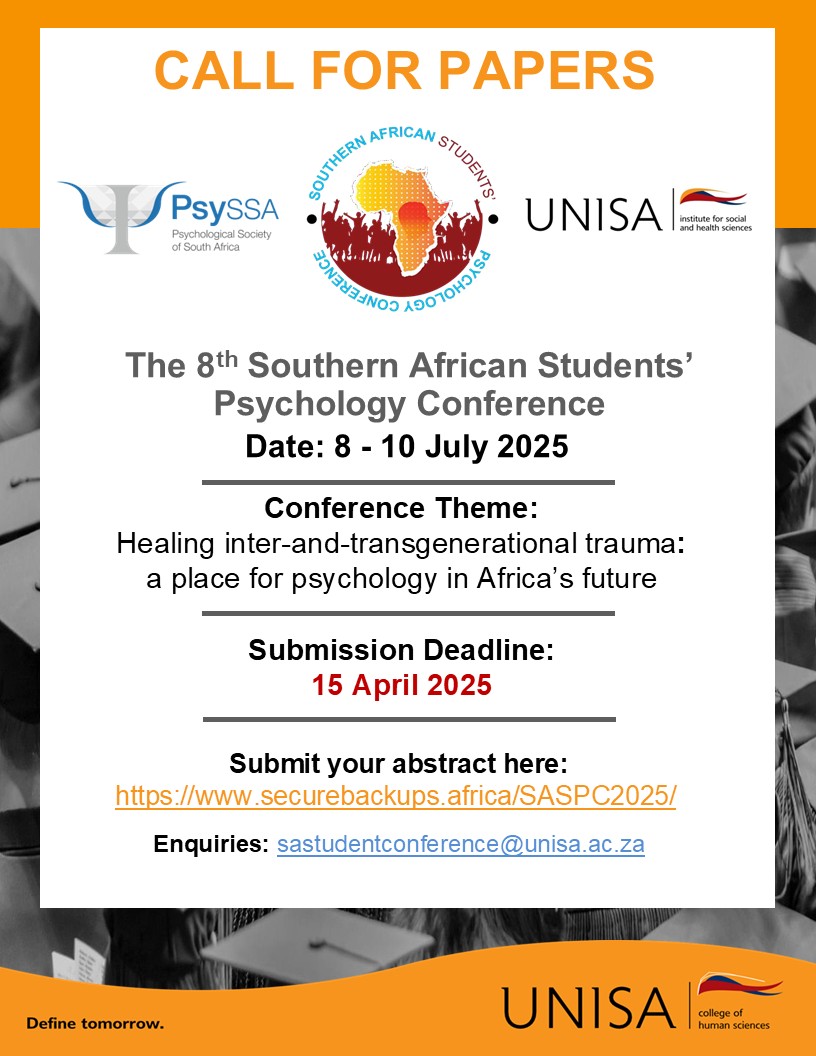Plan Your Commitments Wisely: It’s More Than Just Time
At the start of the year, it’s tempting to say yes to every exciting opportunity—new projects, extracurriculars, team roles—you name it. And sure, on paper, it might look like everything fits into your schedule. But have you considered the hidden costs of your commitments?
When you commit to something, it’s not just about time. Energy, accountability, and trade-offs matter just as much. Before saying yes, ask yourself:
- Does this align with my priorities?
- Is this more important than your current goals, like academic success or personal wellbeing?
- What’s the long-term energy cost?
- Will you still have the capacity to follow through, even when combined with other commitments?
- Are there accountability factors?
- Will others rely on you? If you drop the ball, how will it affect them?
Here’s the truth:
✔ Just because it fits your schedule doesn’t mean it fits your life.
✔ Saying yes to something now often means saying no to something else later. If your schedule is already full, you may have to let go of commitments or miss out on new opportunities that come your way.
✔ Overcommitting doesn’t just affect you—it impacts the people who depend on you.
Keep an eye out for Part 2!
In our follow-up post, we’ll delve into how to leave room for flexibility and deal with changing commitments throughout the year.
It’s good to have enthusiasm and energy, especially as students. Embrace your opportunities—but plan wisely to avoid burning out. Your time and energy are valuable, so invest them where it matters most.














